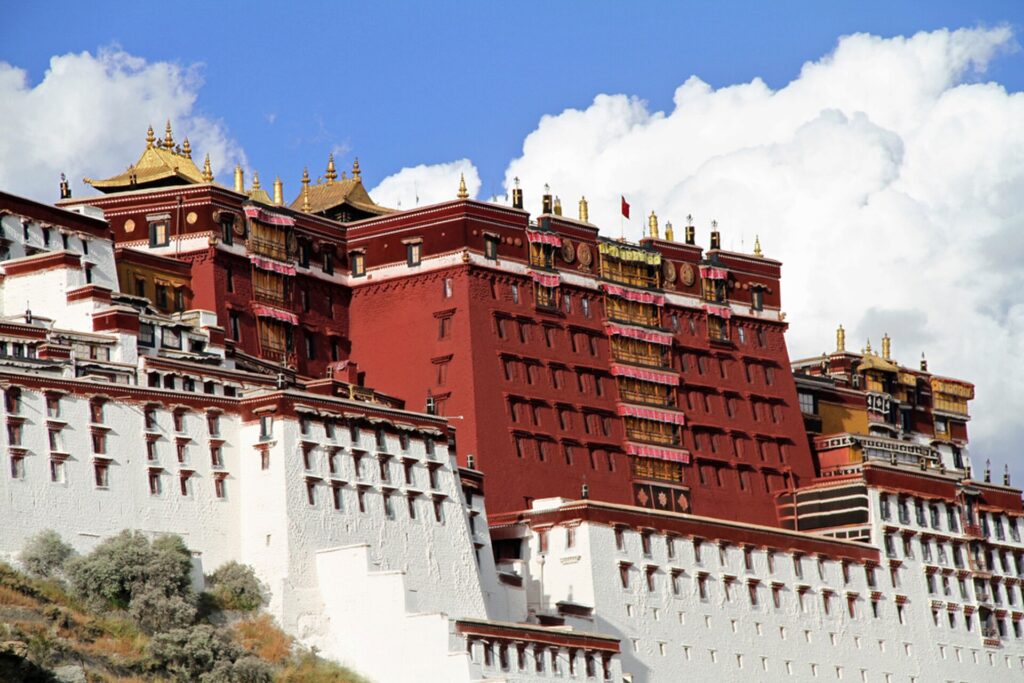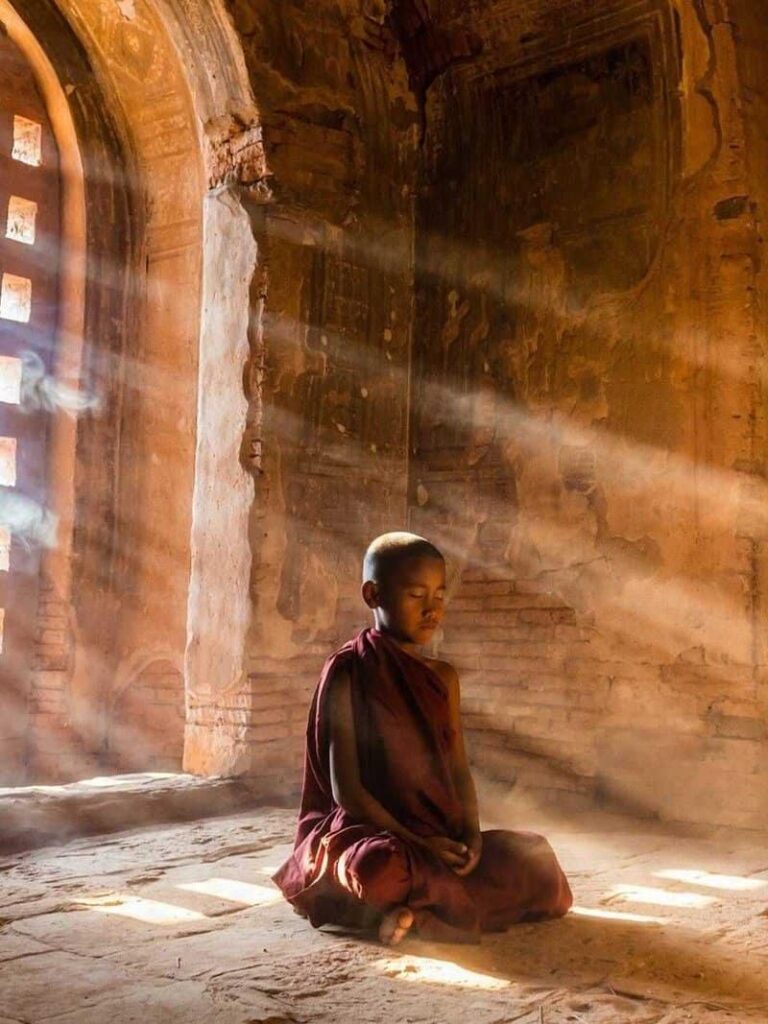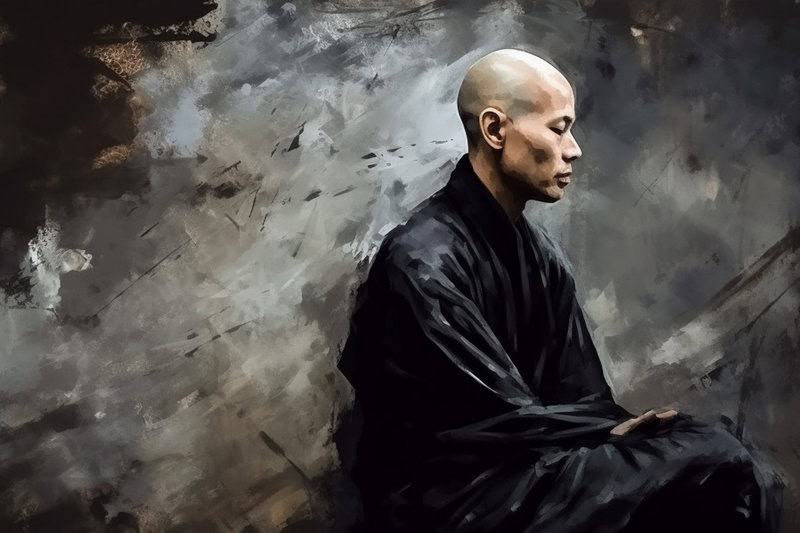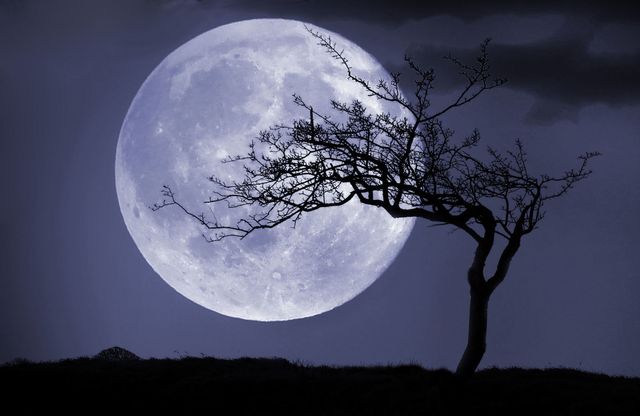Last night I was watching the 1996 documentary on Tibet – ‘Time-Life’s Lost Civilizations – Tibet’. The documentary was well made, with some very powerful imagery and strong narrative relating to the distinctive contribution that Tibet has made to both spiritual practice and social and cultural development.

The end of the documentary focussed on the destruction of ‘old’ Tibet, which was very emotive indeed.
But one thing really struck me in the documentary above all else.
Misunderstanding Dharma
Though on historical or social aspects the documentary was quite accurate, on virtually every mention or explanation of Dharma it was astoundingly mistaken or confused! Constantly talking about Buddha being a ‘god’, or the Dalai Lama as a ‘god king’, or as the spiritual leader of Tibet (as against the Gelug school), or of ‘souls migrating between bodies’ …. the list goes on ….
How is it that a documentary could be made by such an esteemed producer, and be so accurate on pretty much everything, and yet be so utterly mistaken in everything it said about Dharma?
Christianity and Dualism
I can only hazard a guess. And that is that those charged with writing the script found it hard to get beyond two things.
One obstacle would be the concepts which come from Christianity. So many of the mistakes about Dharma seemed to come from translating them into Christian type concepts, which are manifestly different from the Dharmic ones.
The other and perhaps more fundamental problem for the script writers is Non-Dualism.
How hard must it be for someone who is accustomed to thinking in dualistic terms, whether in terms of science, religion, or indeed, anything else … how hard must it be for them to make sense of the ‘middle way’, which avoids and transcends all dualistic veiws, all views rooted in eternalism or nihilism, and which runs counter to the common-sense notions of the conceptual mind?
I don’t say this out of an egoistic sense of ‘superiority’ …. my view is better than all other views! It more that I was struck so forcefully by how radical the Dharmic view is, how different indeed it is from the common sense notions by which people negotiate the world, and create the very suffering which they seek to avoid.
I’m sure that there are many more documentaries out there which present the Dharma from the Dharma’s point of view, and are more satisfactory in that respect, but ‘Time-Life’s Lost Civilizations – Tibet’ provided me with a timely reminder of the nature of the Dharma, which leads to the pacification of all views.




